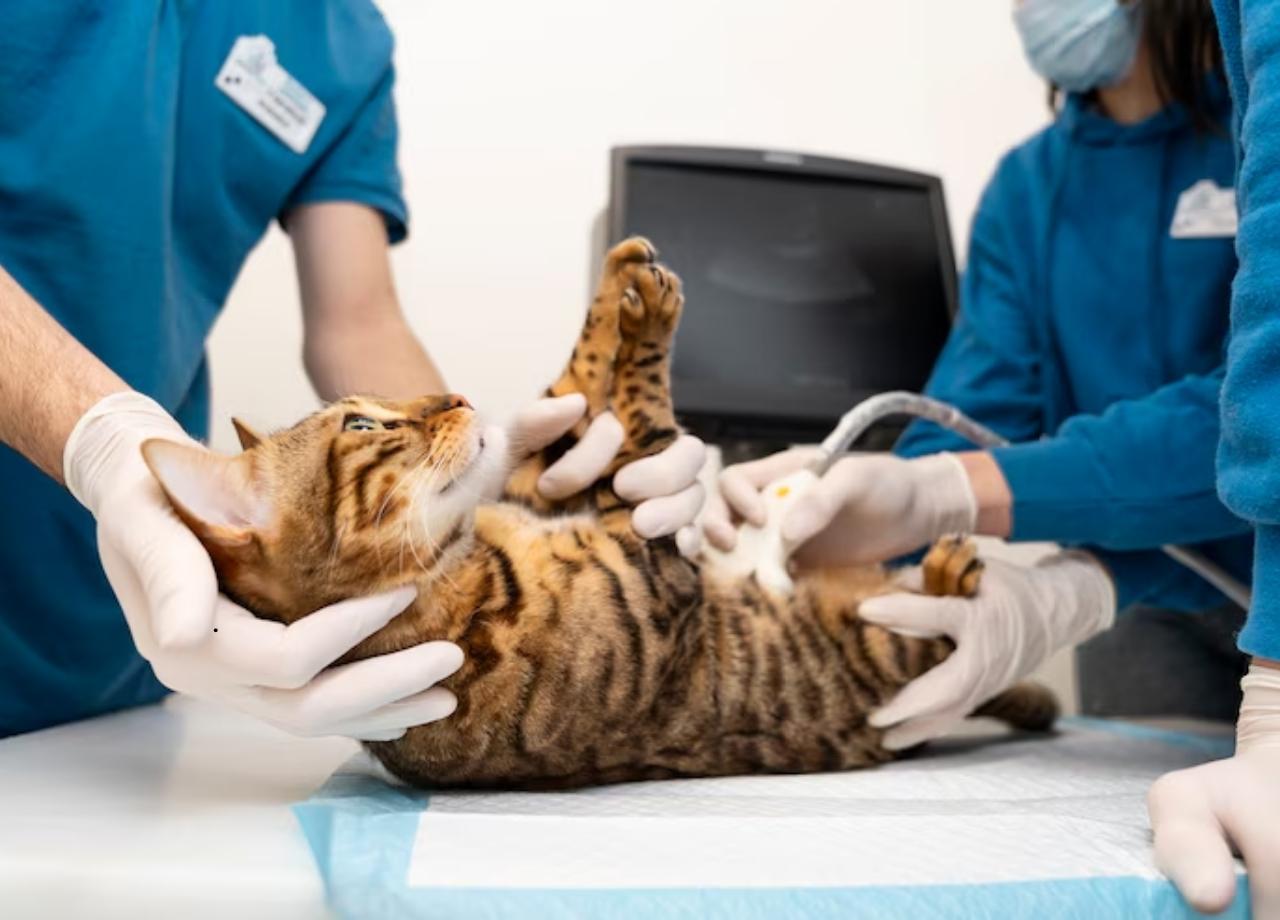When you think about your pet’s health, you may wonder how a general veterinarian handles minor surgeries and injuries. Your pet’s well-being is a top priority. A veterinarian in Guelph provides essential care, ensuring pets heal quickly and comfortably. Minor surgeries include simple procedures like removing small lumps or cleaning wounds. Injuries, such as cuts or sprains, receive careful attention. Veterinarians use their expertise in these situations. They assess, plan, and execute treatments with precision. Compassion guides their hands, ensuring your pet feels safe. The process involves clear communication, explaining each step to ease your mind. Most importantly, veterinarians work efficiently, minimizing your pet’s discomfort. Their calm confidence reassures you that your pet is in capable hands. You gain peace of mind knowing your pet receives expert care without unnecessary stress. Understanding these basics helps you make informed decisions for your pet’s health.
What to Expect During Minor Surgeries
Minor surgeries might sound daunting but they are routine for general veterinarians. Common examples include spaying, neutering, and dental cleaning. These procedures are straightforward and typically involve a few hours at the clinic. Knowing what happens during these surgeries can ease your worries.
Veterinarians begin by conducting a thorough examination. This ensures your pet is healthy enough for surgery. They then discuss the procedure with you, explaining what will happen and how you should prepare. On the day of the surgery, your pet receives anesthesia to prevent pain and movement during the procedure.
Veterinarians perform the surgery with care, paying attention to detail to avoid complications. Post-surgery, your pet is monitored until they wake up from anesthesia. Veterinarians provide post-operative care instructions, which are crucial for your pet’s recovery. You learn about medication schedules, activity restrictions, and signs of complications to watch for.
Handling Minor Injuries
Minor injuries like scratches, sprains, and minor cuts are part of a pet’s life. However, veterinarians handle these with expertise and efficiency. Their goal is to relieve pain and promote healing without delay. Here’s how they manage these situations:
- Examine the injury to assess its severity.
- Clean and disinfect the wound if necessary.
- Apply bandages or splints to support healing.
- Prescribe medication to prevent infection or reduce pain.
Throughout the treatment, veterinarians communicate openly. They explain what they are doing and why it is essential. You learn the importance of follow-up visits to monitor your pet’s progress and adjust treatment if needed. This comprehensive care ensures your pet heals effectively.
Comparison of Minor Surgeries and Injuries
| Aspect | Minor Surgery | Minor Injury |
|---|---|---|
| Preparation | Pre-surgical examination, fasting | No preparation needed |
| Pain Management | Anesthesia, pain medication post-surgery | Pain medication if needed |
| Procedure Time | Few hours including recovery | Usually completed within an hour |
| Recovery | Post-operative care instructions | At-home care instructions |
Why Experience Matters
Experienced veterinarians make a significant difference in handling these situations. Their experience informs every decision. They know the best practices and latest techniques. They remain calm under pressure, providing reassurance when you need it most.
Furthermore, their experience allows them to quickly identify complications or unusual issues. This expertise translates into faster, more effective care. You can trust that your pet receives the best possible treatment.
Resources for Pet Owners
Stay informed about your pet’s health by consulting reliable sources. The American Veterinary Medical Association offers a wealth of information on pet care and health. Additionally, the Centers for Disease Control and Prevention provides guidelines on maintaining both pet and human health.
Conclusion
Understanding how general veterinarians manage minor surgeries and injuries brings peace of mind. With compassionate care, clear communication, and expert handling, your pet’s recovery is in good hands. Knowledge empowers you to actively participate in your pet’s care. You ensure that your furry friend stays happy and healthy for years to come.


